Understand the Life of Single Cells

Malaria is a devastating mosquito-borne disease caused by Plasmodium parasites (Pf). The Pf sporozoite represents a bottleneck in the parasite’s life cycle and is an important target for malaria interventions. The most advanced anti-sporozoite strategies to date, including the World Health Organization-approved RTS,S/AS01 and R21/MM vaccines and monoclonal antibodies (mAbs) developed as clinical products, all […]
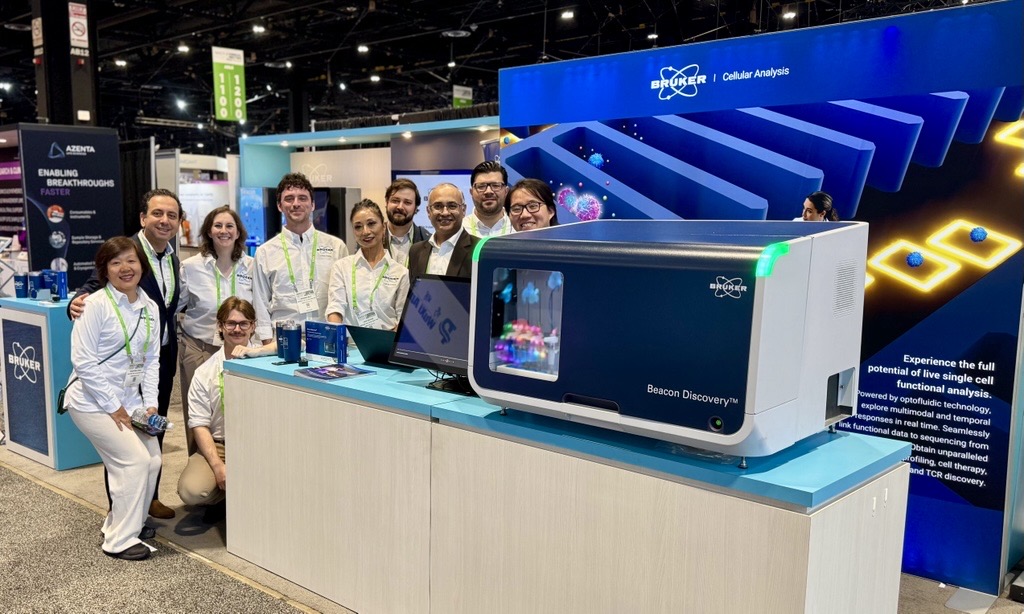
At the recent American Association for Cancer Research (AACR) 2025 Annual Meeting held in Chicago last week, Bruker Cellular Analysis proudly unveiled the Beacon Discovery™, a breakthrough benchtop platform designed to democratize live single-cell functional analysis. Buzzing with energy, the Bruker Cellular Analysis booth drew a crowd of passionate researchers, cutting-edge collaborators, and visionary innovators […]
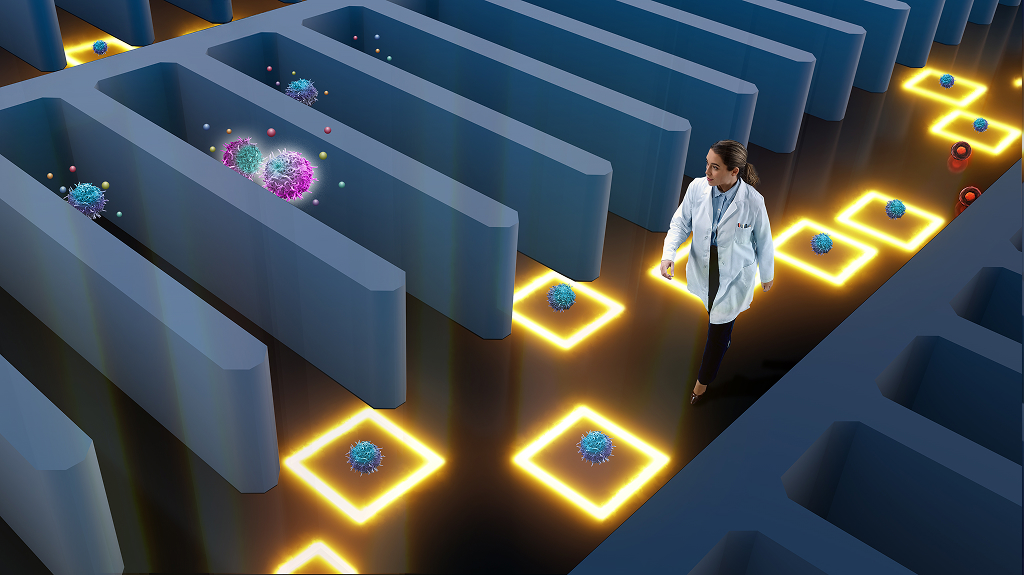
Revolutionizing Functional Live Single-Cell Insights with the Beacon® Technology Traditional single cell tools focus on static snapshots from one moment in a cell’s life, telling us what a cell expresses, what genes and proteins are turned on, and what surface markers are present. But they do not show how a cell behaves – they miss the […]
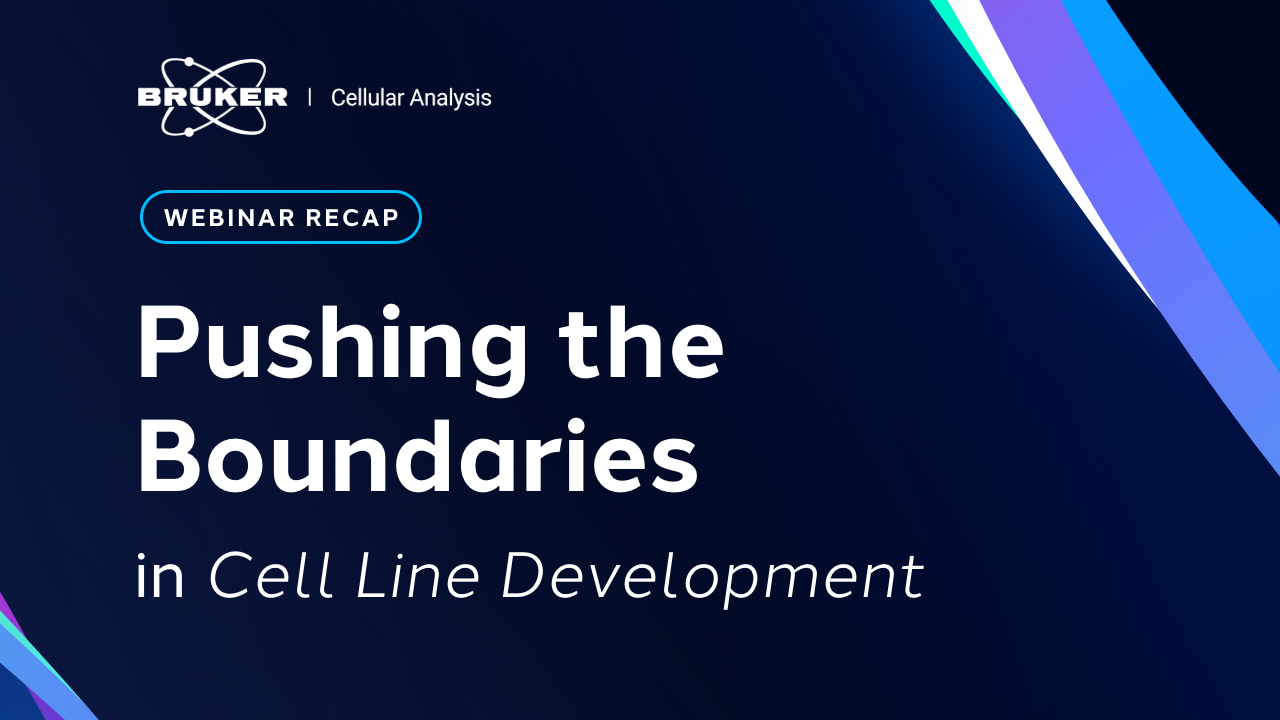
This past February and March, Bruker Cellular Analysis, in partnership with BioProcess International, hosted a dynamic two-part webinar series – Pushing the Boundaries in Cell Line Development – spotlighting the capabilities of the Beacon® Optofluidic platform for cell line development (CLD). Now available on demand, these sessions offer a front-row view into how cutting-edge technology […]
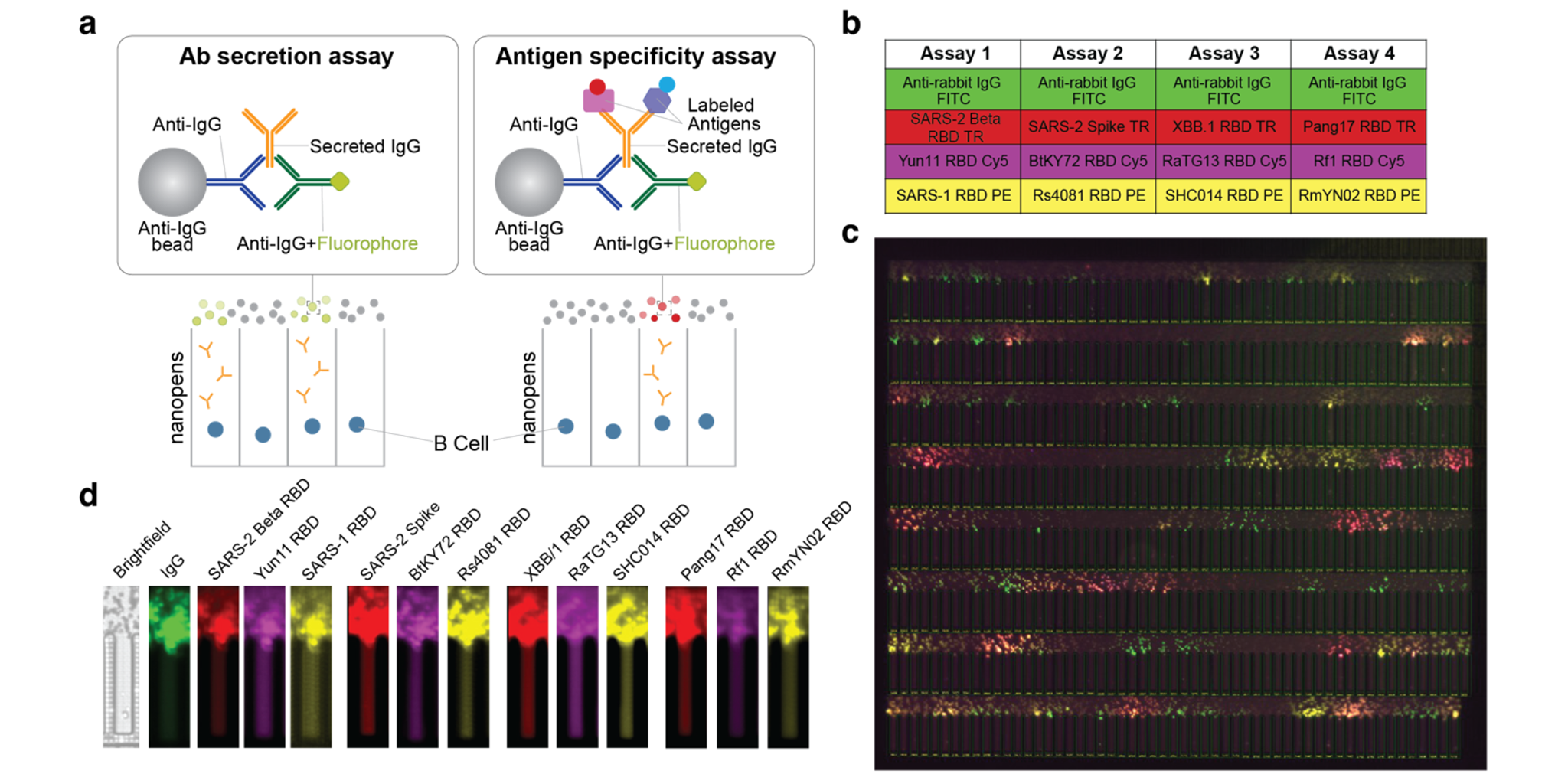
Therapeutic monoclonal antibodies (mAbs) have become less effective against SARS-CoV-2 infections as new variants arise due to point mutations in the spike protein that reduce antibody binding. To induce production of broadly neutralizing antibodies that target a conserved receptor-binding domain (RBD) region, protecting against multiple SARS-CoV-2 variants and zoonotic sarbecoviruses, researchers at the California Institute […]
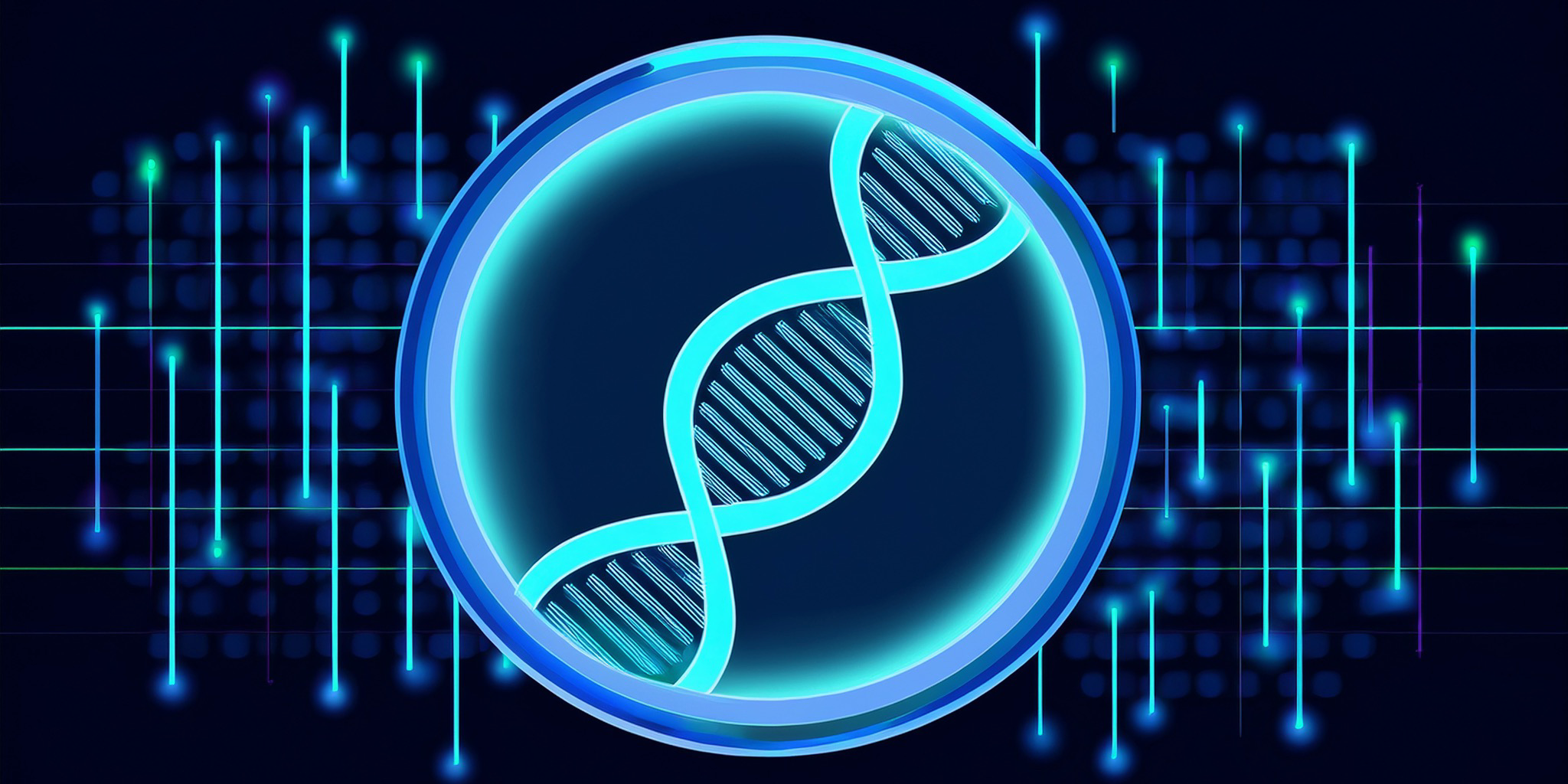
“If you want to advance human health and you’re not working towards AGI [Artificial General Intelligence]/ASI [Artificial Super Intelligence] right now the 2 most important things you can be building are enabling hardware and/or scientific data sets/reliable biological data that no one else can or will create. All the ‘AGI will solve cancer’ claims are […]
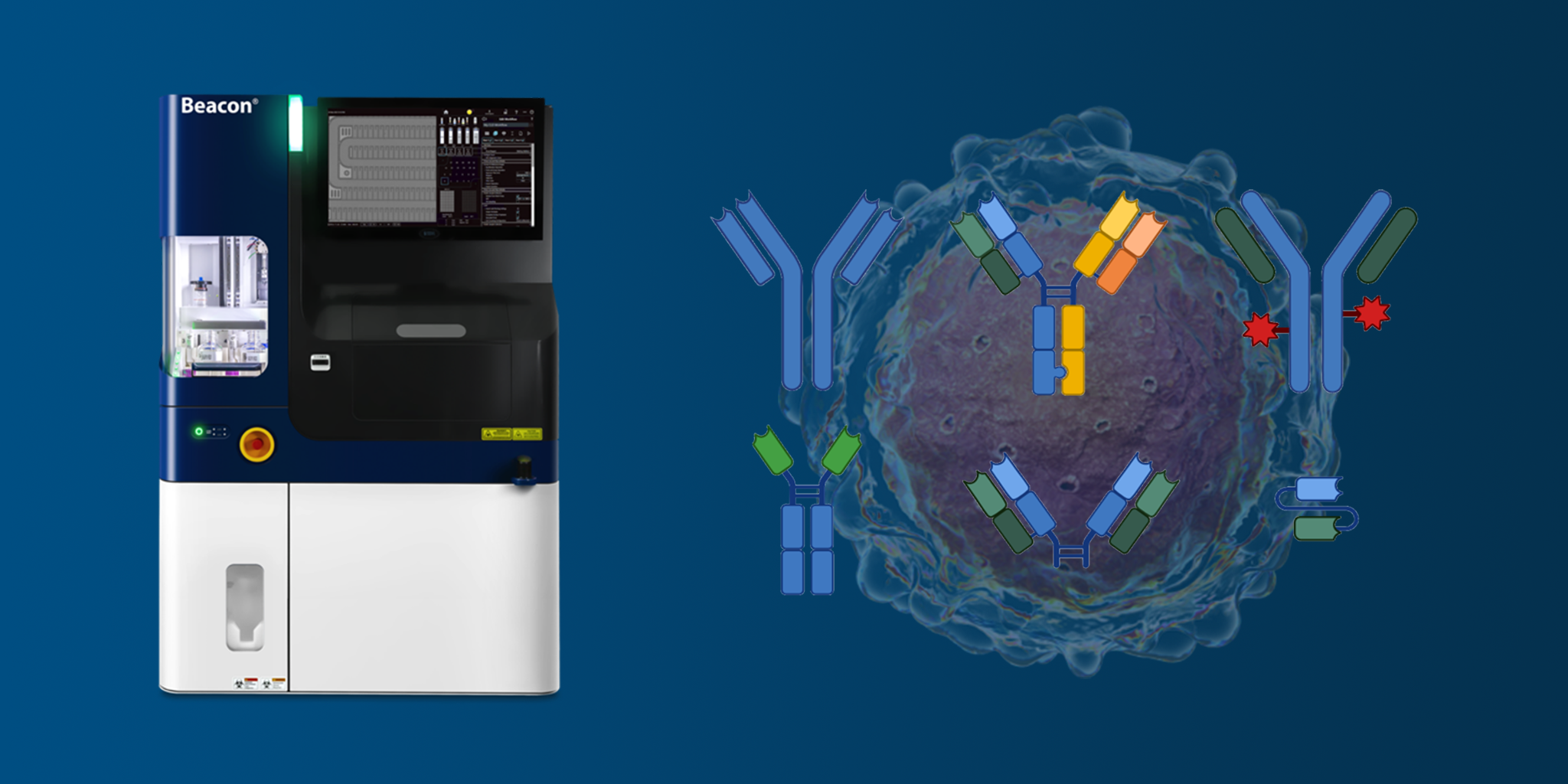
Therapeutic antibodies are transforming medicine, offering precision treatments for cancer, autoimmune diseases, and infections. Recent advancements in antibody discovery and engineering have accelerated the pace of therapeutic development, focusing on approaches such as bispecific antibodies, antibody-drug conjugates (ADCs), and fully humanized antibodies. This blog dives into recent trends and how platforms like the Beacon optofluidic […]
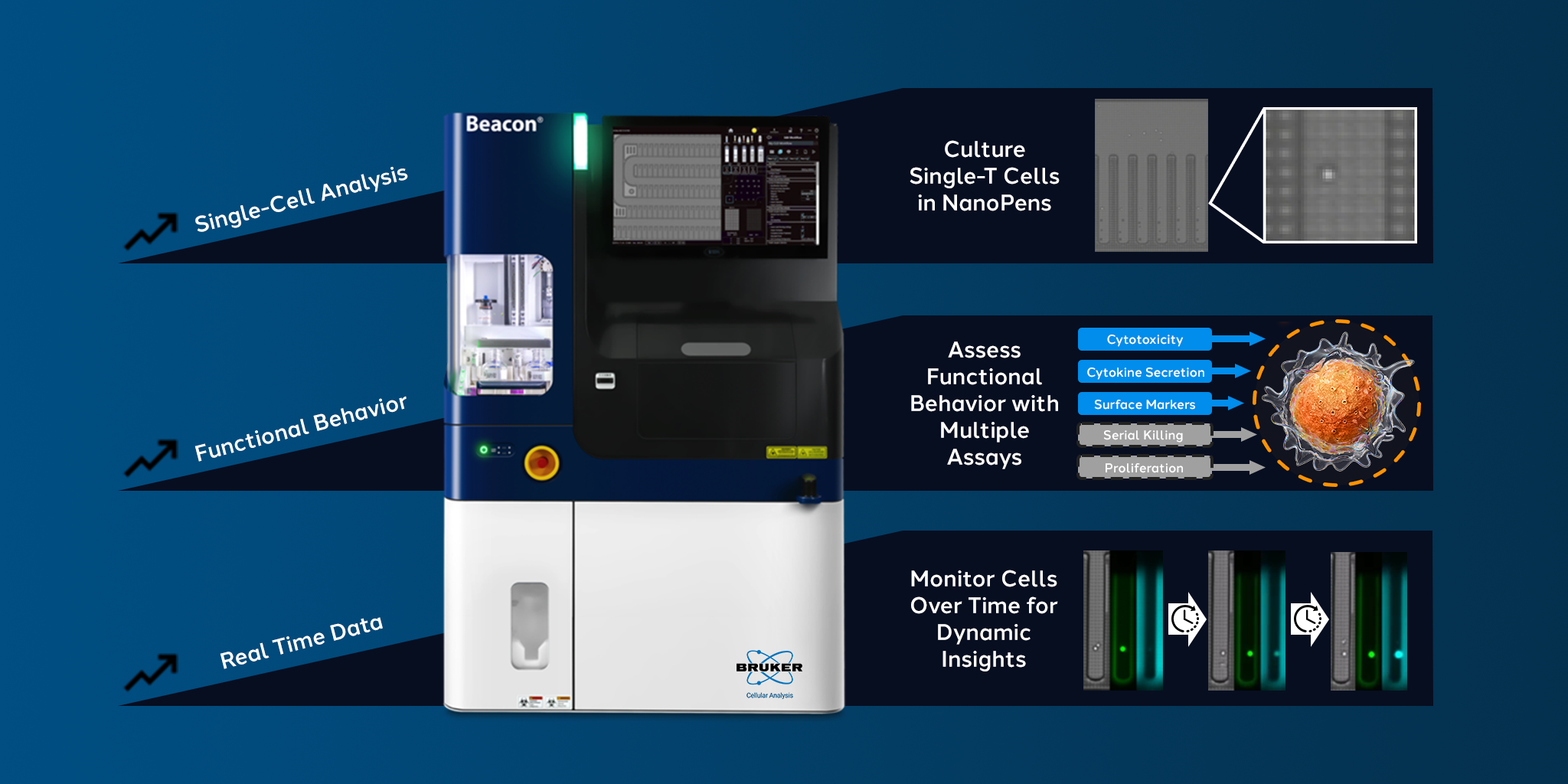
Discover the latest breakthroughs in T cell research, including emerging single-cell technologies, functional assays, and real-time data monitoring.
In the complex world of biologics manufacturing, cell line development (CLD) plays a crucial role in bringing new biologic therapies to patients.
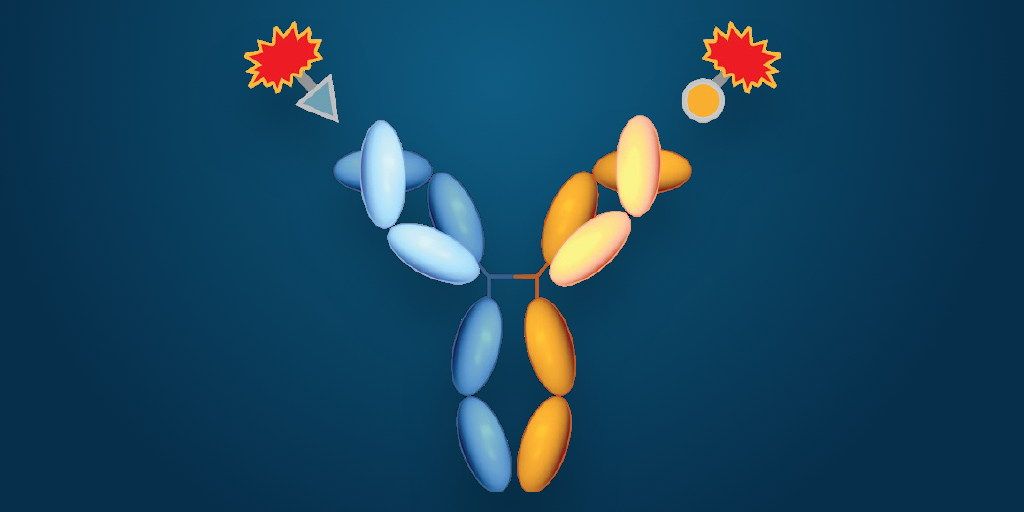
Bispecific Antibodies: An Emerging Therapeutic Paradigm Bispecific antibodies (bsAbs) are rapidly gaining momentum in the pharmaceutical industry as a revolutionary class of therapeutics. While monoclonal antibodies (mAbs) have dominated the biologics landscape for decades, bsAbs offer unique therapeutic mechanisms by targeting two different antigens simultaneously. This capability enables novel treatment strategies, particularly in cancer immunotherapy, […]
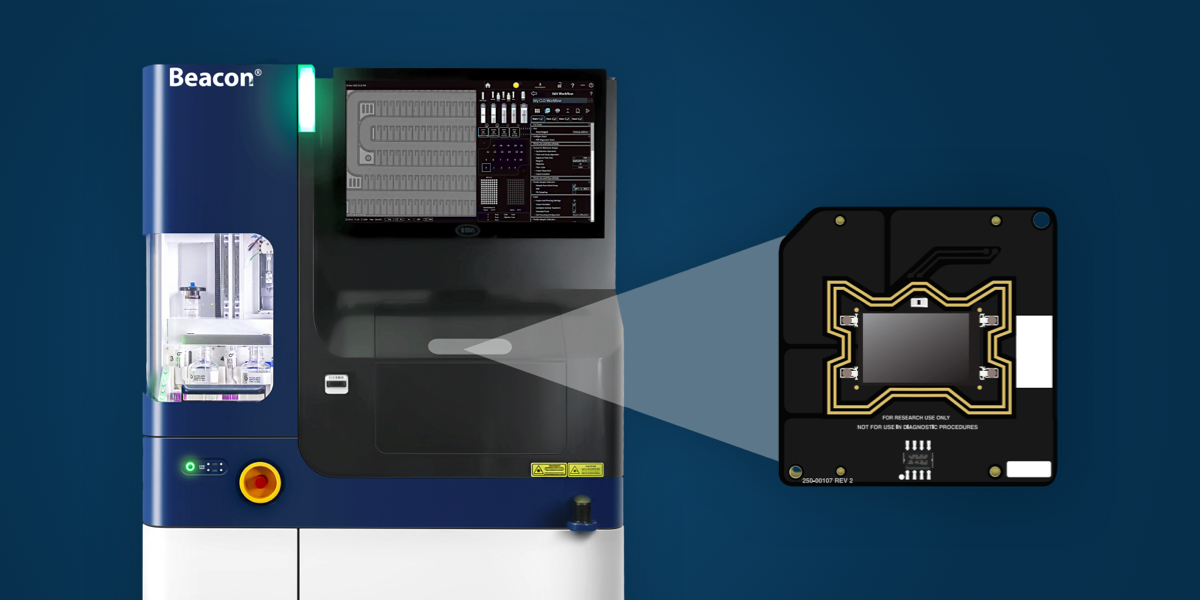
In the biopharmaceutical industry, where lengthy antibody therapeutic development timelines can delay critical treatments for patients in need, accelerating cell line development (CLD) has never been more crucial. The Beacon® optofluidic system by Bruker Cellular Analysis has emerged as a revolutionary platform, offering unparalleled efficiency in CLD processes by enabling a suite of powerful assays […]
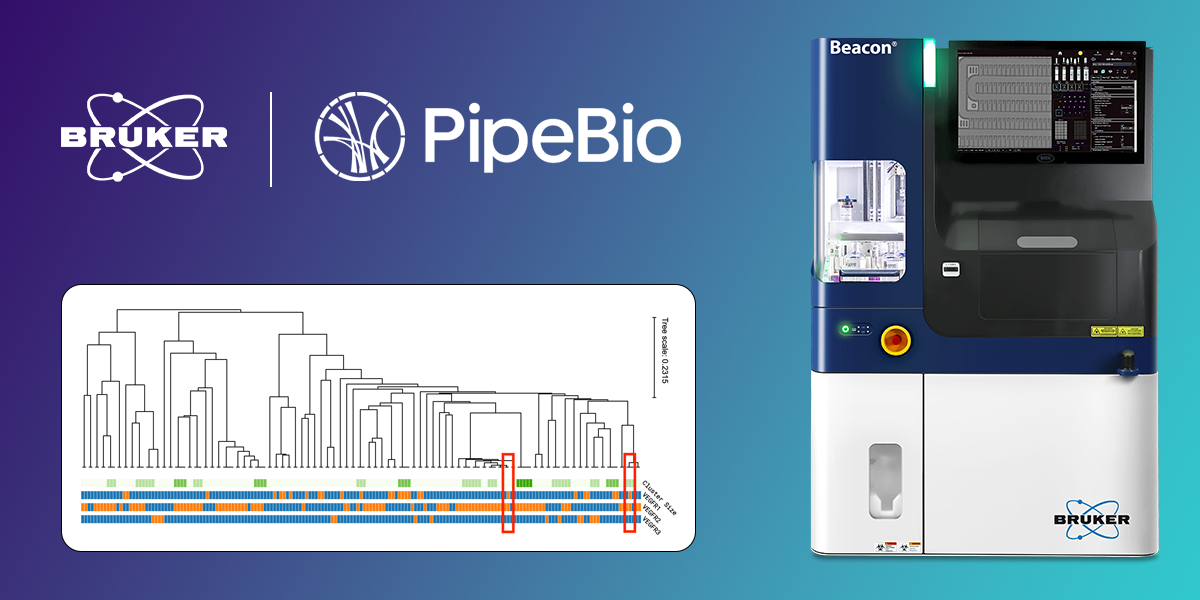
Navigating the field of antibody discovery requires a careful balance of innovative methodologies and advanced technologies. Traditional approaches often face limitations due to biases, or risk overlooking critical insights. To overcome these challenges, a recent study delved into harnessing the combined power of Bruker’s Beacon® system and PipeBio software for antigen-specific and cross-reactive antibody discovery. […]
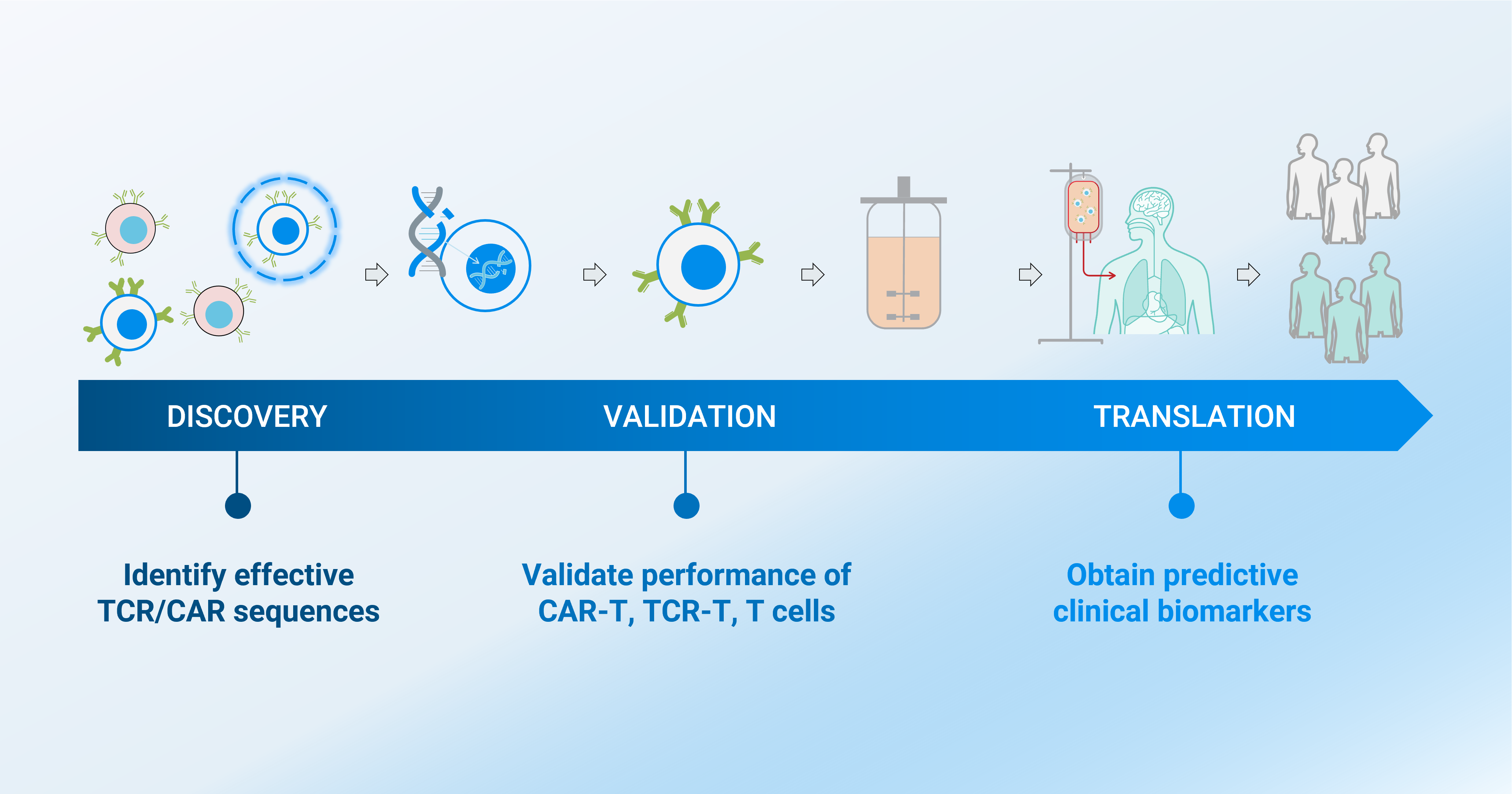
Adoptive cell therapy (ACT), the autologous or allogenic transplant of immune cells, is providing new hope in the ongoing battle against cancer. However, the path to harnessing the full potential of these therapies remains challenging, from understanding the intricate dynamics of individual cells to optimizing their therapeutic efficacy. Bruker’s Beacon® Platform emerges as a transformative […]
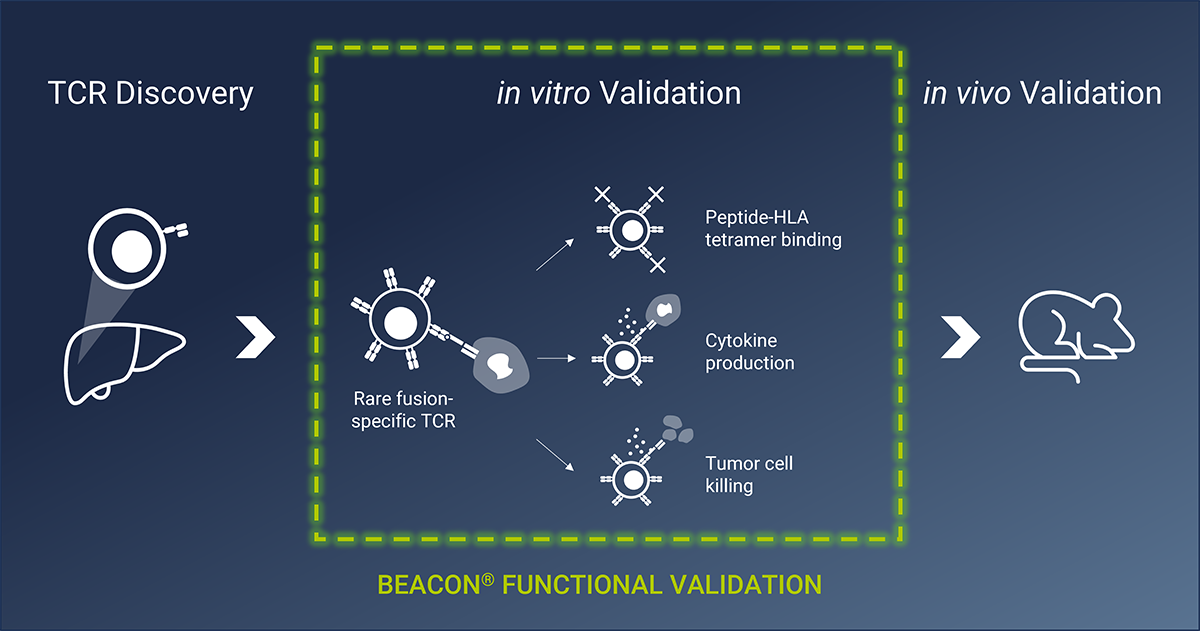
In a new publication in Cell Reports Medicine from researchers at St. Jude Children’s Research Hospital and the University of Tennessee Health Science Center (UTHSC), researchers used Bruker Cellular Analysis’s Beacon® Platform to validate the functional performance of engineered T cells generated to combat fibrolamellar carcinoma (FLC) by recognizing cancer-specific fusion proteins. The study used […]
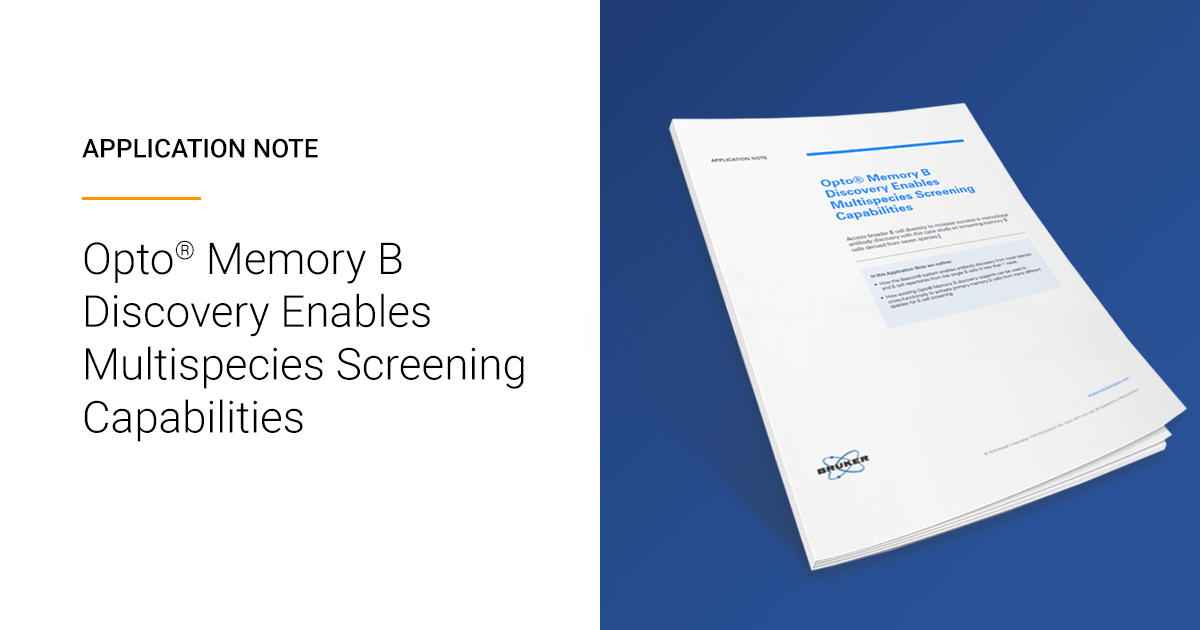
In the continually advancing field of biologics, it’s essential to search for new antibodies with distinct properties. The ability to screen primary B cells across diverse animal species broadens the diversity of recovered antibody sequences and increases the odds of finding the best antibody for any application across reagents, therapeutics, and basic health research. However, […]
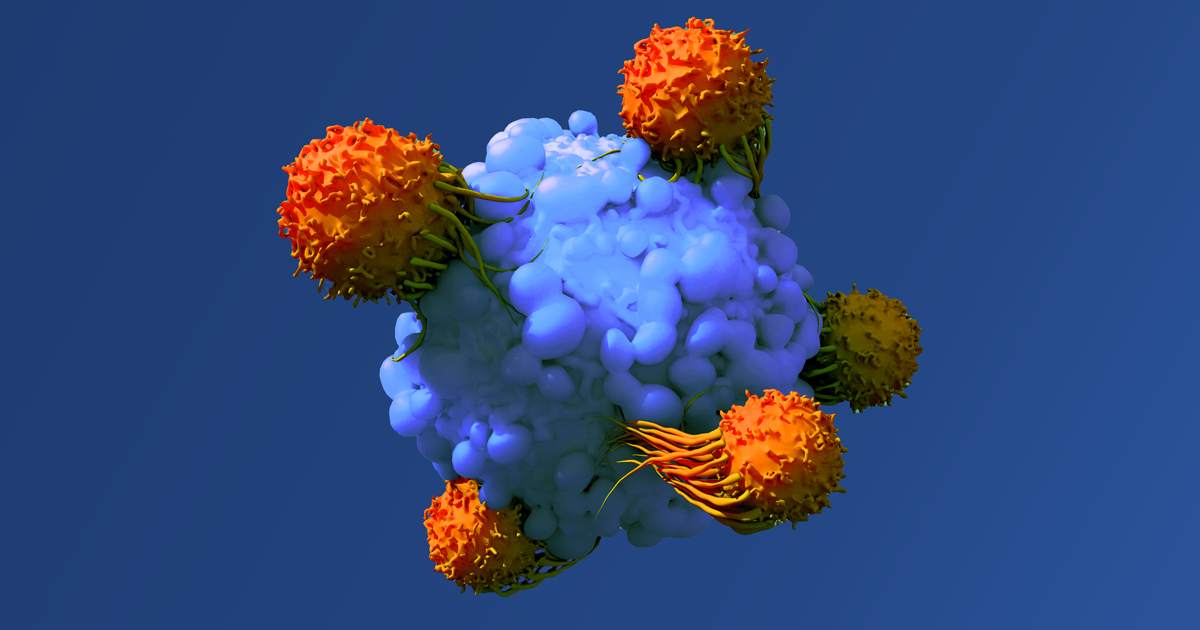
Human papillomavirus (HPV)-negative head and neck squamous cell carcinoma (HNSCC) has remained challenging to treat, particularly due to its resistance to conventional therapies and limited response to immunotherapy. However, a recent study conducted by researchers at the Medical College of Wisconsin sheds new light on a potential breakthrough in this arena. Their findings, published in […]

SARS-CoV-2’s ability to evolve quickly creates ongoing challenges for vaccine development. The spike protein, critical for the virus’s cell infection, undergoes rapid mutations, making antibodies less effective against new strains. Traditional vaccines, with their lengthy development and testing timelines, struggle to predict these evolutionary changes accurately, leading to a constant struggle to keep pace with […]
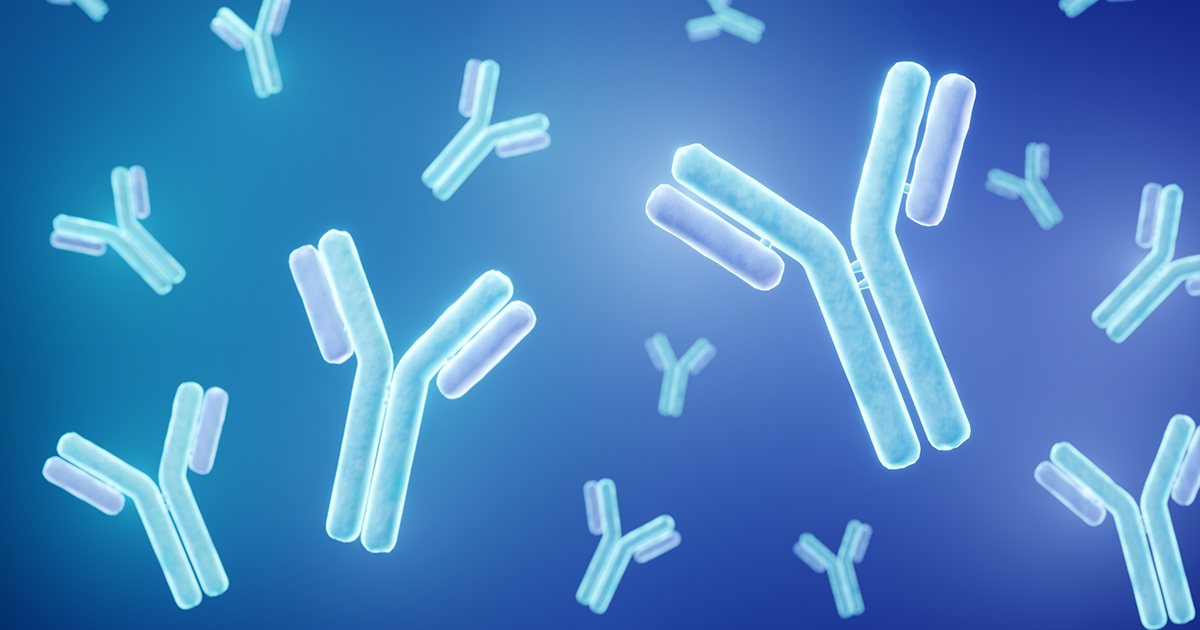
In the rapidly changing landscape of antibody discovery, researchers encounter significant challenges that necessitate inventive solutions. In a new on-demand webinar, we explore these obstacles and share an advanced approach to remain at the forefront of cutting-edge research capabilities. Current Challenges in Antibody Discovery Expanding Target Complexity: Traditional targets like GPCR and ion channels are […]

This webinar will be hosted live and available on-demand Wednesday, February 28, 2024 11:00 AM-12:00 PM Eastern Time (8:00 AM PT and 5:00 PM CET) As the demands and requirements for new antibodies continue to evolve, access to broader antibody sequence diversity coupled with a powerful screening technology is critical. Unlike hybridoma and display technologies […]
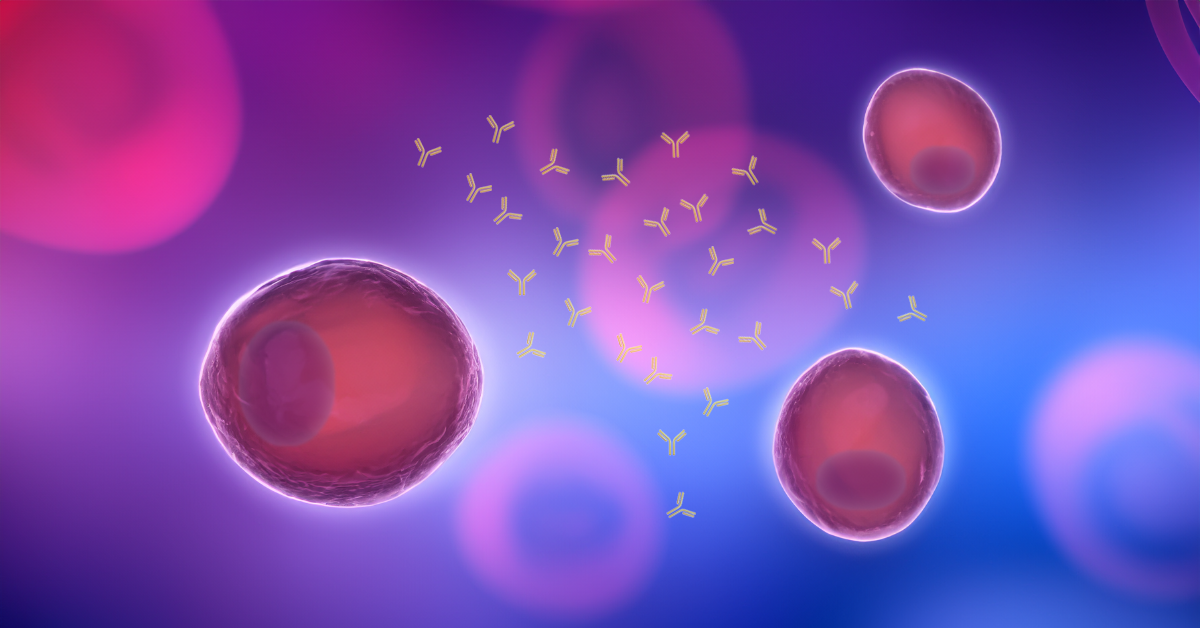
The behavior of early-minted antibody-secreting cells (ASC) or plasmablasts post-infection or vaccination plays a pivotal role in the immune response. Traditionally, long-lived plasma cells (LLPC) from the bone marrow are regarded as non-dividing, while blood ASCs are thought to be proliferative. Traditional technologies that average bulk data or measure surface phenotype alone miss critical functional […]
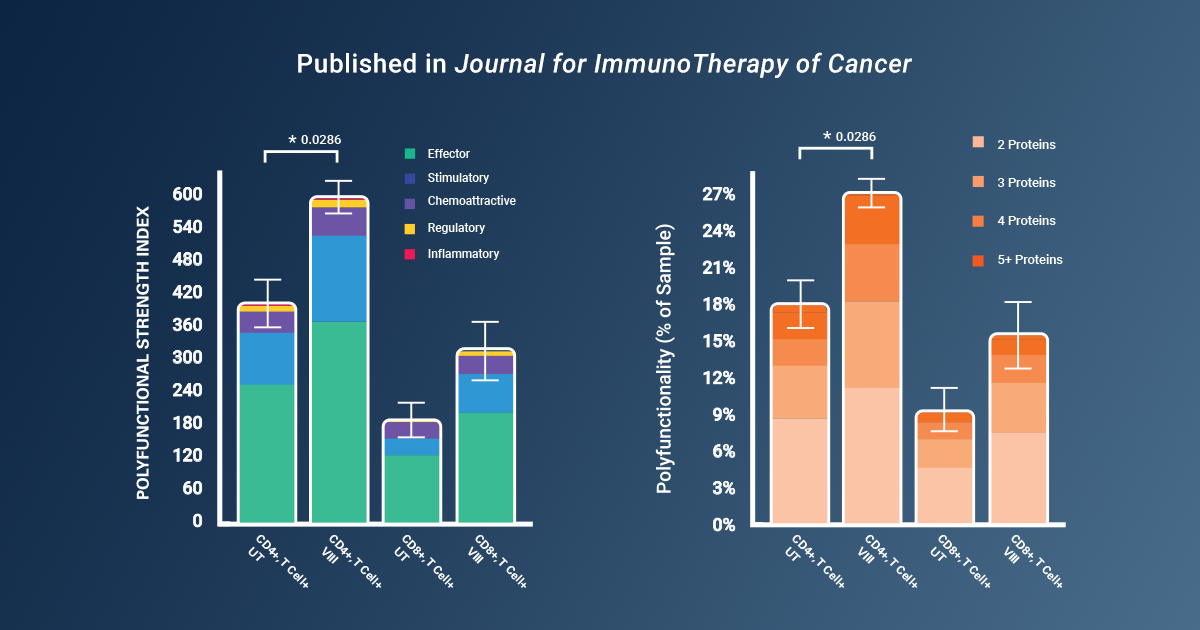
In the rapidly evolving landscape of cancer treatment, Chimeric Antigen Receptor T cell (CAR-T) therapy has emerged as a promising strategy for patients with certain hematologic malignancies. However, the occurrence of relapse has proved challenging. In a recent publication in the Journal for ImmunoTherapy of Cancer, researchers from University College London investigated the potential capability […]
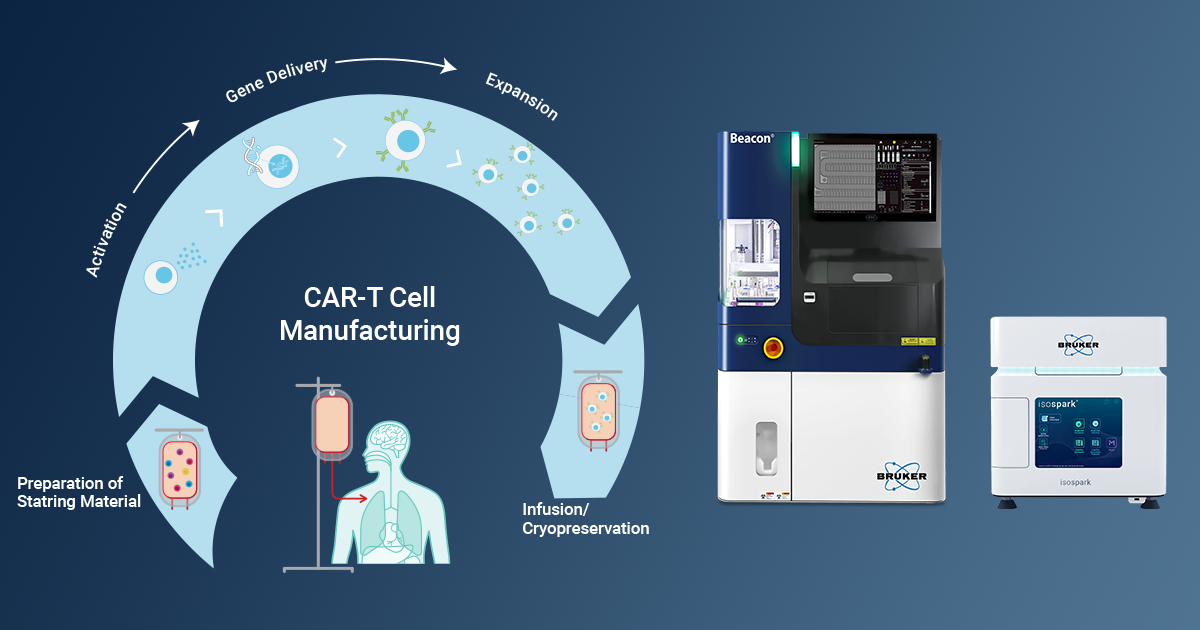
In the rapidly evolving landscape of cancer treatment, chimeric antigen receptor (CAR) T cell therapy has emerged as a groundbreaking immunotherapeutic approach, garnering FDA approval in 2017. However, the journey from initial success to widespread efficacy has been marked by challenges, prompting researchers to continuously reevaluate and refine CAR-T manufacturing processes. A recent review published […]
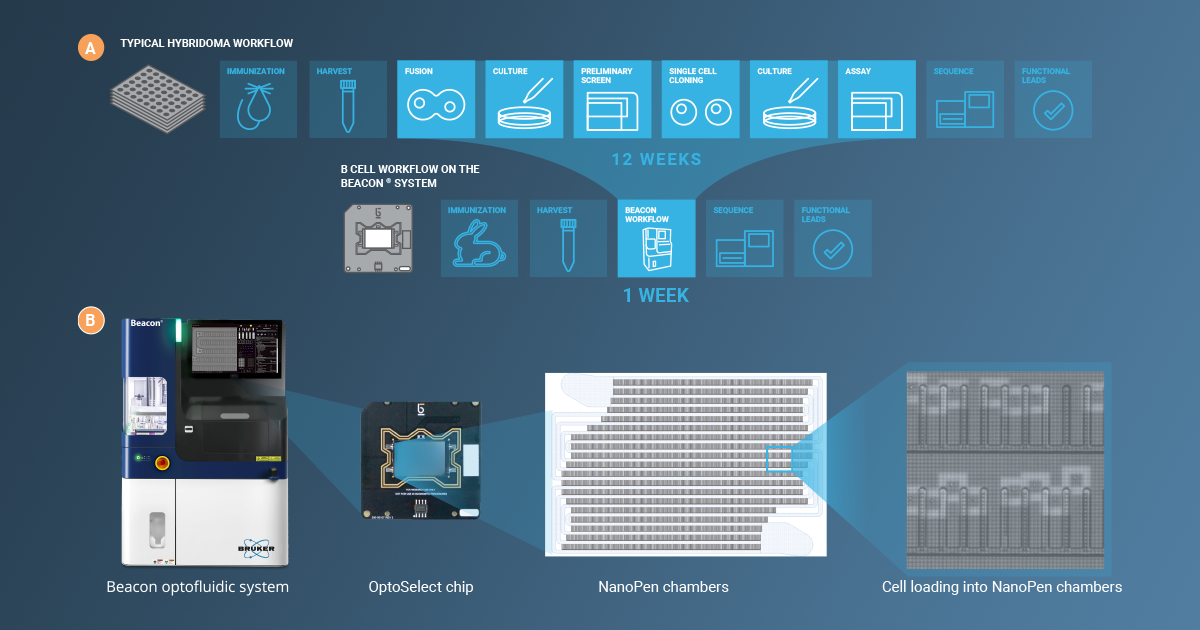
In antibody discovery, the screening of diverse antibody sequences is crucial to pinpoint the suitable antibodies for specific purposes. This challenge is particularly relevant in the context of rabbit antibodies, which are uniquely valuable reagents for basic research, diagnostics, and therapeutics development. Understanding Rabbit Antibodies Rabbits possess unique gene diversification strategies that result in antibodies […]

Developing vaccines and therapies against infectious diseases is a formidable task. To establish durable immune protection, a comprehensive understanding of the immune system’s response to infectious agents is essential. This involves immune monitoring to assess and predict protective responses, alongside monitoring cytokine levels for potential toxicities. Bordetella spp., respiratory bacterial pathogens, cause whooping cough—a persistent […]
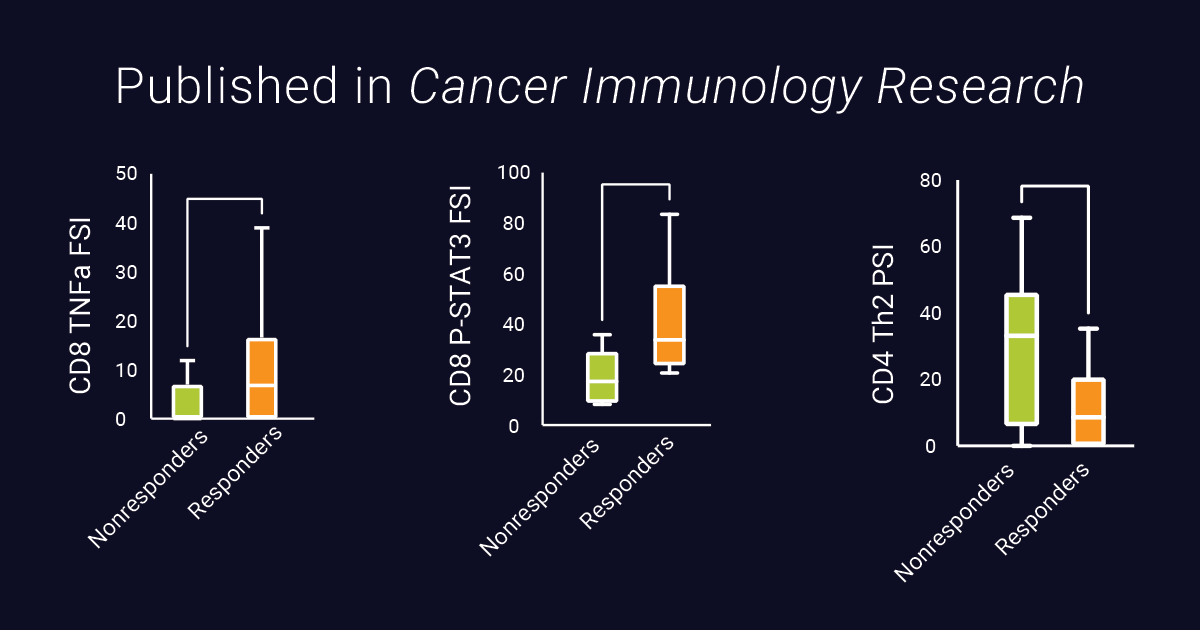
In cancer immunotherapy, TCR-T based cell therapies show promise for addressing specific types of solid tumors; however, variable patient responses and the potential for relapse indicate a need for improvement. A recent study published in Cancer Immunology Research by researchers at UCLA investigates clinical biomarkers for patient response in TCR-T therapy, shedding light on crucial […]
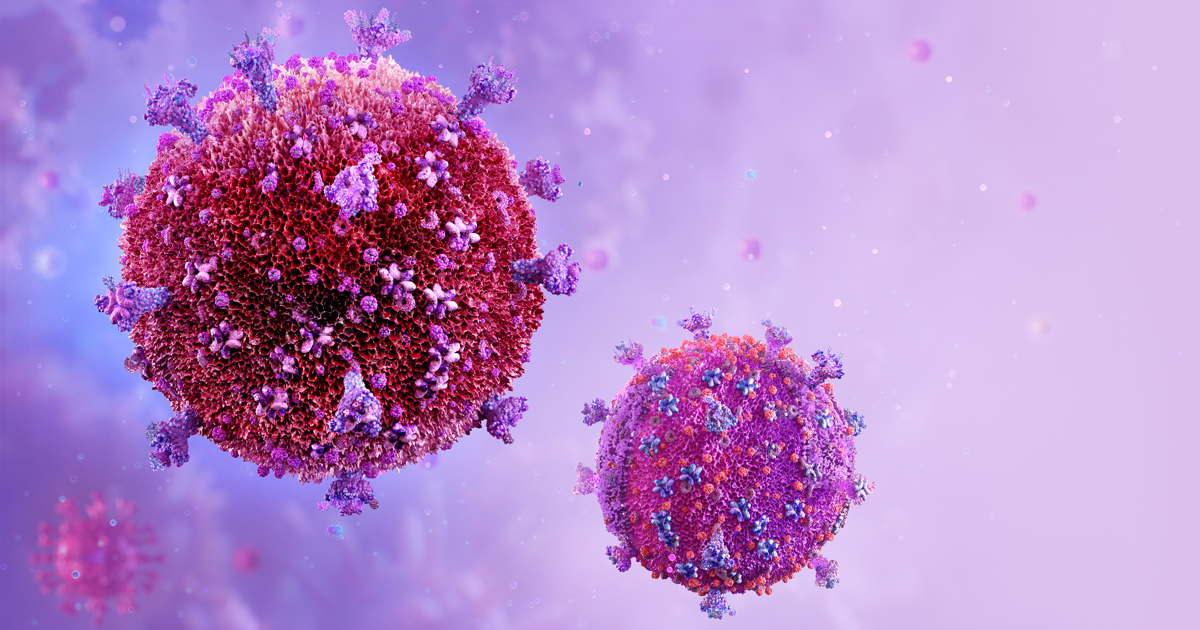
Recent investigations into the mechanisms of HIV vaccination have uncovered promising new information that sheds light on why some vaccine trials have failed to show efficacy. While preclinical studies in nonhuman primates have suggested that vaccine-triggered CD8+ T cells are effective against HIV, several trials of HIV vaccines targeted to induce CD8+ T cell activation […]
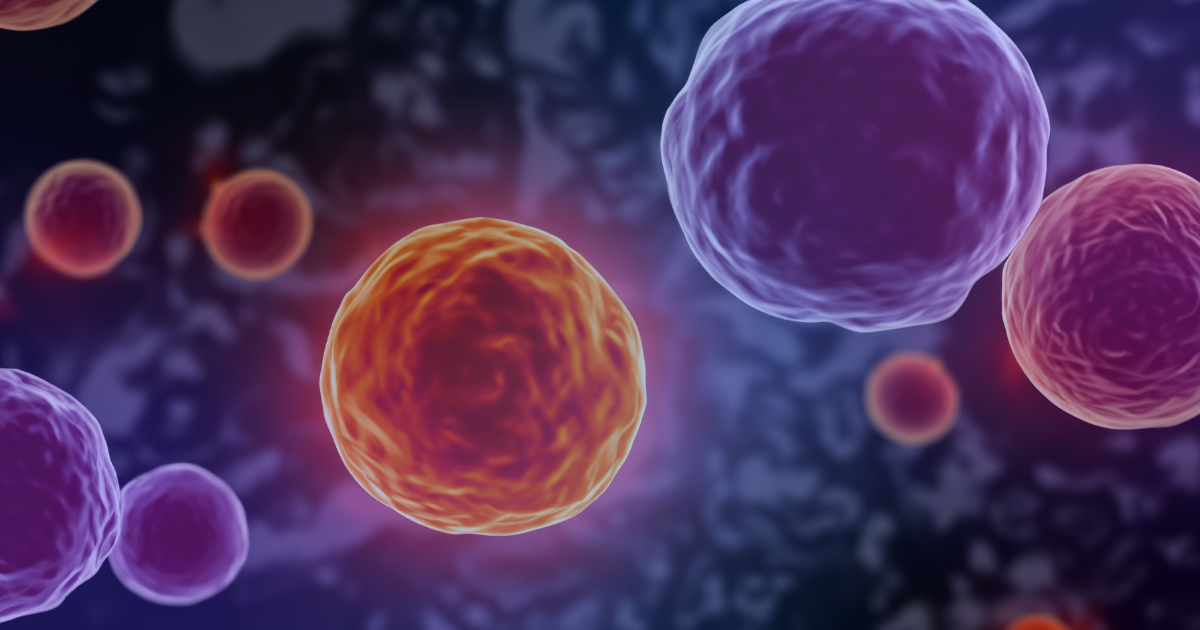
Neoantigens are self-antigens that arise in tumor cells as a result of tumor-specific alterations commonly caused by genomic mutations. Due to their high immunogenicity and foreign nature, they have emerged as promising targets for cell-based cancer therapeutics. While advances in next-generation sequencing, bioinformatics technologies, and machine learning algorithms have greatly accelerated neoantigen prediction, only a […]
Bruker’s Beacon® systems provide function-first assays at single cell resolution on a microfluidic platform, utilizing the power of light-driven, Opto-Electro Positioning (OEP) to drive targeted, selective cell cloning into Nanopen® chambers capable of continual media perfusion and cell culture, whilst supporting a variety of assays and assessments across the chip architecture. These include: Live Cell […]
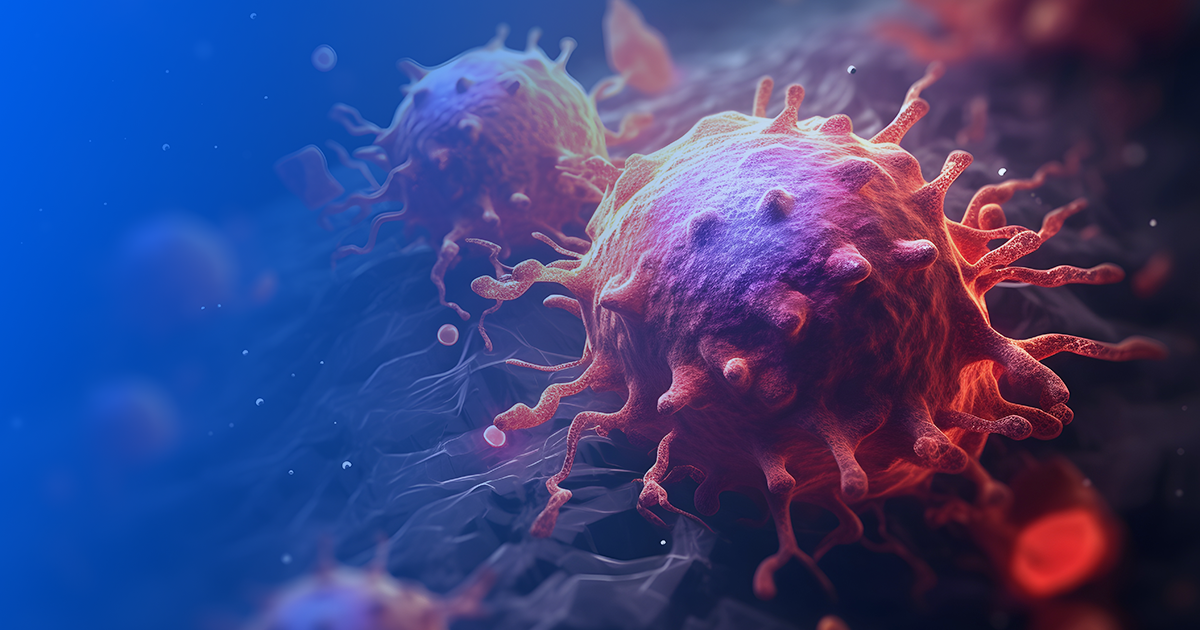
While chimeric antigen receptor (CAR) T-cell therapies have significantly improved outcomes in hematological malignancies, attempts to translate this success to solid tumors have presented several challenges, such as inadequate efficacy and unacceptable toxicity. Researchers are continuously identifying new targets to overcome these challenges. However, in cell line development, translating their findings into viable, testable products […]

We’re excited to announce that from December 13-16, Bruker Cellular Analysis will be an exhibitor at this year’s Antibody Engineering & Therapeutics Conference in San Diego. This premier event is dedicated to showcasing the latest advancements in antibody engineering, design, and selection. With a focus on diverse topics such as Neurodegenerative Diseases, Tumor Microenvironment in […]

